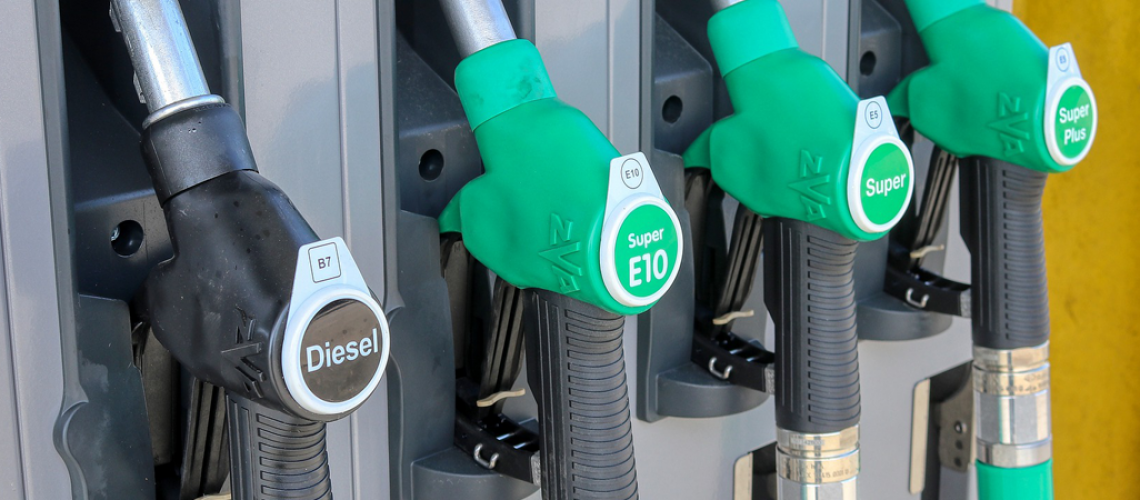Find out why this action is going into place and how it will impact you
As a country we have been burning through resources quicker than we can replace them and the mass consumption of fuel is starting to catch up to us. A huge change is required in the way that we run our vehicles on a day to day basis but will we be ready by 2040?
It wasn’t too long ago when a hybrid car was only for the environmentally conscious and nowhere near the ‘regular persons’ run around. Now in 2017 we have a wide range of hybrid and electric cars to choose from; the Toyota Yaris town car, the more luxurious Mercedes C-Class or even the supercar BMW i8.
Although state of the art models are becoming more popular, less than 5% of new car sales in the UK were electric models last year.
What will happen if this is a success?
One of the leading causes of this movement is to reduce the massive health risk due to the poor air quality across the UK. In terms of the motor market, there should be a huge increase in the number of electric vans sold but this market is nowhere near as advanced as the electric cars available today.
What E-Vans are currently available?
- Renault Master ZE
- Renault Kangoo ZE
- Nissan e-NV200
- Citroen Berlingo Electric
- Mercedes-Benz Vito E-Cell
If all new van purchases from 2040 have to be of an electric or hybrid form we will need this range to expand quickly.
Can we facilitate a huge increase in the number of electric vehicles?
In the UK we currently have around 110,000 plug-in cars and vans, this rose by around 30% since 2013 and we have managed to accommodate this huge increase in terms of charging stations and maintaining the vehicles.
We would need to continue this kind of increase in electric vehicle sales for over a decade to be prepared for the potential new rules in 2040. Along with the increased sales in electric vehicles we would also need to continue installing a large number of charging stations that are open to the public.
The AA have expressed their concerns about the new plans: “There will also need to be a significant investment in order to install charging points across the country, especially fast-charge points so drivers can top up their vehicles within half an hour.”
Is there evidence that this will work?
Earlier this year France announced that they will be banning the sales of all petrol and diesel cars and vans as of 2014 following the announcement from Volvo claiming that they will only be manufacturing hybrid and fully electric vehicles as of 2019.
With only 2 years notice, Volvo must have been planning this for some time after their great response of the Volvo Drive-E.
So we are yet to see this idea put into practise but with huge car names starting the trend this could potentially be a smooth transition.
How will this impact you?
The fear for many is that an electric van is priced at the higher end of the spectrum in comparison with many other vans currently available on the market. The question is will a wider range become available over the next few years to cater to a wider range of the public’s budget?
As with any large change being enforced by the government there is often a contribution made to help the changes take place. If the government were to assign part of the £3bn budget to improve air quality to set up domestic charging stations, this could become more appealing.
As for the ongoing costs to consumers; they will save money in the long term in terms of running their vehicle as they will no longer be paying for heavily taxed petrol and diesel fuel and will now rely on electricity. The other leading cost will be the battery that the car relies on, currently this is an expensive bit of equipment but as the mass production of batteries continues the prices should drop considerably by 2025.
The outcome
If all goes to plan then we should start to see a dramatic difference in the air quality across the UK. The initial aim is to improve the air on over 80 of Britain’s dirtiest roads focusing on A roads, motorways and city centres with high congestion.


